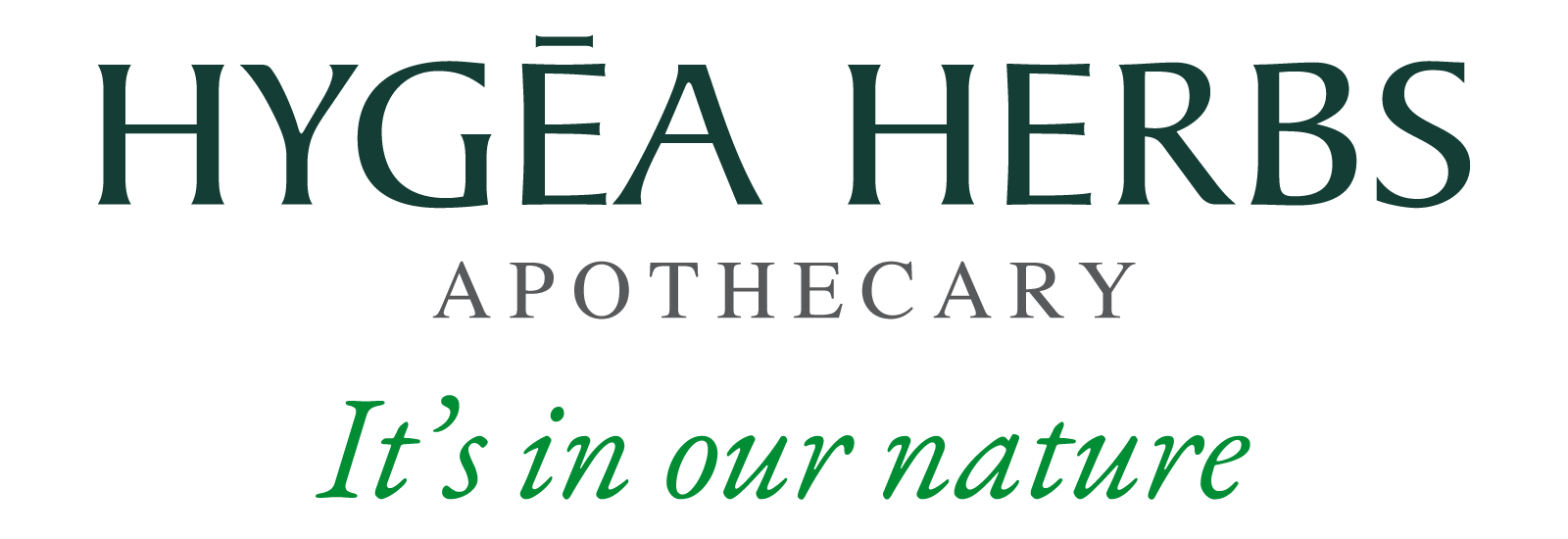Your hormones and your gut have more in common than you might think. From digestion and detoxification to stress response and nutrient absorption, every stage of digestive health plays a key role in keeping your hormones balanced. When elimination slows or the gut microbiome is out of sync, it can create a ripple effect that impacts everything from mood to metabolism. Here’s how your bowel health, liver, and gut-brain connection work together to support hormone harmony—and what you can do to keep them in balance.
1. Digestive Health and Nutrient Absorption
Healthy digestion ensures that your body absorbs the essential nutrients (like zinc, magnesium, B vitamins, and fatty acids) needed to build and regulate hormones.
- Poor digestion → nutrient deficiencies → disrupted hormone synthesis.
For example: - Low zinc → reduced testosterone and thyroid hormone activity
- Low B vitamins → poor estrogen detoxification and adrenal stress response
2. Gut–Liver Axis and Hormone Metabolism
Your liver processes and deactivates hormones (especially estrogen). After that, these metabolites are sent to the intestines for elimination via bile.
If bowel movements are sluggish, those deactivated hormones can be reabsorbed into circulation — leading to hormonal excess or imbalance (commonly estrogen dominance).
Proper elimination prevents hormone recirculation
Constipation = hormonal backup
3. The Estrobolome
Inside your gut is a collection of bacteria known as the estrobolome — they produce enzymes (like β-glucuronidase) that determine how much estrogen is reabsorbed vs. excreted.
- Balanced microbiome → healthy estrogen metabolism
- Dysbiosis (bad bacteria overgrowth) → increased β-glucuronidase → estrogen reactivation → PMS, fibroids, weight gain, mood swings
4. The Gut–Brain–Adrenal Connection
The gut communicates with the brain via the vagus nerve and gut hormones. When digestion is off, the body perceives stress.
Chronic digestive stress can overactivate the HPA axis (hypothalamic–pituitary–adrenal), raising cortisol levels, which in turn:
- Steals precursors (pregnenolone) from sex hormone production (“pregnenolone steal”)
- Disrupts thyroid function and progesterone balance
5. Detoxification and Elimination
Healthy bowel movements are a primary route of detoxification. If toxins and metabolic wastes build up due to poor elimination, the liver and lymphatic system become overburdened.
This internal toxicity can lead to inflammation that further disrupts hormone receptor sensitivity and increases oxidative stress — both of which impair hormone signaling.
Summary of How They’re Connected
| Function | Poor Function Leads To | Hormonal Effect |
| Digestion | Nutrient malabsorption | Impaired hormone synthesis |
| Liver detox | Backed-up hormone metabolites | Estrogen dominance |
| Bowel elimination | Constipation, toxin reabsorption | Hormonal congestion |
| Microbiome | Dysbiosis, high β-glucuronidase | Estrogen reactivation |
| Gut–brain axis | Stress, high cortisol | Suppressed sex hormones, thyroid imbalance |
To Support Both Digestion & Hormones:
- Eat fiber-rich foods (vegetables, chia, flax, psyllium – found in Hygea Herbs’ Intestinal Action 1 & 2) for regular elimination
- Support the liver with cruciferous vegetables, lemon water, and bitters (found in Intestinal Action 1 & 2)
- Maintain gut microbiome with fermented foods or probiotics. Gut microbiome stays in balance with proper bowel elimination.
- Stay hydrated
- Manage stress and get consistent sleep
You can now shop IA 1&2 at all Gym Fit Forme locations + online on Hygēa Herbs!

